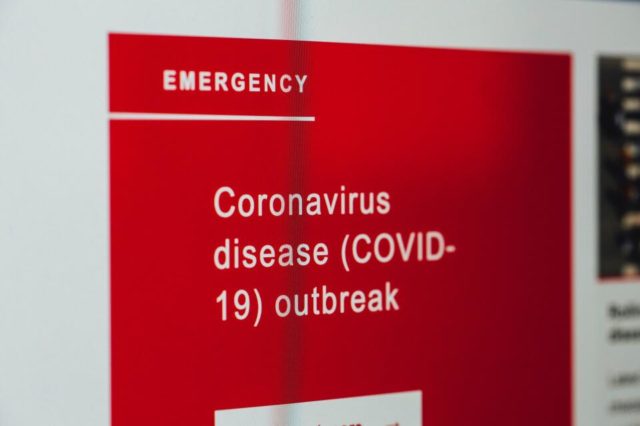The warnings come against the backdrop of the latest Covid-19 data from the Department of Health which showed that 90 more people succumbed to the virus on Monday, pushing the numbers of deaths linked to it to 54 825.
Durban – As the number of new Covid-19 infections continued its upward trajectory and with new more contagious variants discovered in the country in the past week, experts tracking the virus have warned South Africans to be vigilant and responsible in their actions to prevent a third wave hitting.
The warnings come against the backdrop of the latest Covid-19 data from the Department of Health which showed that 90 more people succumbed to the virus on Monday, pushing the numbers of deaths linked to it to 54 825.
As of Monday the cumulative number of Covid-19 cases identified in South Africa was 1 597 724.
The data also showed that the number of active cases in South Africa was 25 549. Last week the number of active cases stood at 21 951.
Dr Ridhwaan Suliman, a senior researcher at the Council for Scientific and Industrial Research (CSIR) said the warning signs were clear that South Africa’s infection rate was on the increase.
In a thread on his Twitter timeline, it said the number of South Africa daily coronavirus cases, on a seven-day rolling average basis was increasing:
– 8th of January: 16,955
– 8th of February: 3,029
– 8th of March: 1,107
– 8th of April: 789
– 8th of May: 1,711
He said his aim of breaking down the numbers was “not to invoke fear but to inform and give people agency, so that they can make informed decisions based on the latest epidemiological data and trends”.
“Just be informed that the risk has increased. You don’t need to wait for the president, just take necessary precaution and avoid large (indoor) gatherings,” he said.
Suliman said South Africa’s positivity rate was up 29% from a week ago.
Asked when South Africa could expect the peak of a third wave to hit, Suliman said: “There are many unknowns. I’ve seen some models indicating a less severe peak, but that was assuming no new variants. On the other hand we’re seeing so many countries experience a more severe wave now. A lot also depends on individual and collective behaviour”.
Of the latest Covid-19 death reported, the Eastern Cape recorded 14, the Free State 0, Gauteng 5, KwaZulu-Natal 0, Limpopo 0, Mpumalanga 6, North West 33, Northern Cape 13 and the Western Cape 19.
The cumulative recoveries now stand at 1 517 350, representing a recovery rate of 95%.
According to the department the number of Health Care Workers Vaccinated under the Sisonke Protocol to date was 395 230.
On Saturday, the National Institute for Communicable Diseases (NICD) confirmed that a new variant of Covid-19 was discovered in South Africa – the B.1.617.2 which has been circulating in India and believed to be responsible for fuelling that country’s devastating third wave.
“All cases (in SA) have been isolated and managed according to Covid-19 case management guidelines and contact tracing has been performed in order to limit the spread of this variant,” the NICD said in a statement.
Rajeev Maharaj, a mathematician at the University of KZN who has been tracking the data behind Covid-19 said a worrisome trend was emerging of the B.1.617.2 variant.
“The B.1.617.2 variant first identified in India, is taking off in the UK at the moment, despite the UK having a travel ban against India. It is managing to out-compete the B.1.1.7 variant that is prevalent there, which shows that it is more transmissible than B.1.1.7. As mentioned in my previous posts, that the B.1.617 variant is still dominant in India. However, the sub-lineage, B.1.617.2 is starting to out-compete B.1.617 in terms of the daily growth-rate of sequenced samples,” he wrote on his Facebook page.
He said that despite the four new cases of the new Indian variant discovered in South Africa, the B.1.351 variant still accounts for 99% of South Africa’s cases.
“In the likelihood that that community transmission of B.1.617.2 occurs in SA, it is still unknown if it will out-compete B.1.351 or if B.1.351 will keep it in check.
“The situation is evolving, so we have to be on alert…There’s no need to panic right now as following the precautions and interventions should provide us with the necessary protection,” he said.
IOL








